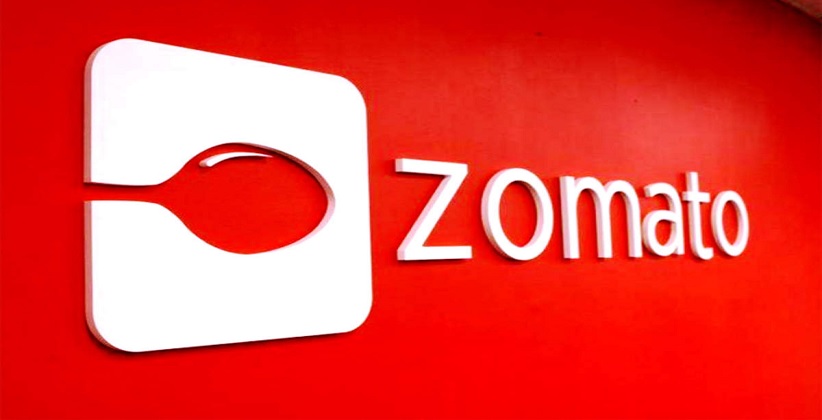Food delivery company Zomato on August 8 said that it would give female employees up to 10 days of "period leave" per year, as part of an effort to combat what it said was a stigma around the issue.
Zomato is the most high-profile organization to institute the policy in India, a country where menstruation is still taboo to some. Founded in 2008, Gurugram-based Zomato is one of India's best-known companies, with more than 5,000 employees.
Millions of women and girls in India still face discrimination and health issues due to a lack of awareness surrounding menstruation.
Explaining the reason for implementing the period leave, Zomato chief executive Deepinder Goyal said the decision was made in order to foster a culture of trust, truth, and acceptance
"There shouldn't be any shame or stigma attached to applying for a period leave," Zomato chief executive Deepinder Goyal said in an email to staff on Saturday.
"You should feel free to tell people on internal groups, or emails that you are on your period leave for the day."
Founded in 2008, Gurugram-based Zomato is one of India's best-known companies, with more than 5,000 employees.
"A note for men our female colleagues expressing that they are on their period leave shouldnt be uncomfortable for us. This is a part of life, and while we dont fully understand what women go through, we need to trust them when they say they need to rest this out. I know that menstrual cramps are very painful for a lot of women and we have to support them through it if we want to build a truly collaborative culture at Zomato," said Goyal.
The email further said that "Zomato understands that men and women are born with different biological realities. It is our job to make sure that we make room for our biological needs, while not lowering the bar for the quality of our work and the impact that we create."
In 2017, the Mumbai company called Culture Machine became the first organization in India to institute the policy of period leave for its employees. A report said that the policy received a lukewarm response as only 8 percent of women used their period leaves.
In 2018, India's Supreme Court overturned a decades-long ban on women of menstrual age entering the Sabarimala temple in the southern state of Kerala, leading to a nationwide debate about women's rights.






